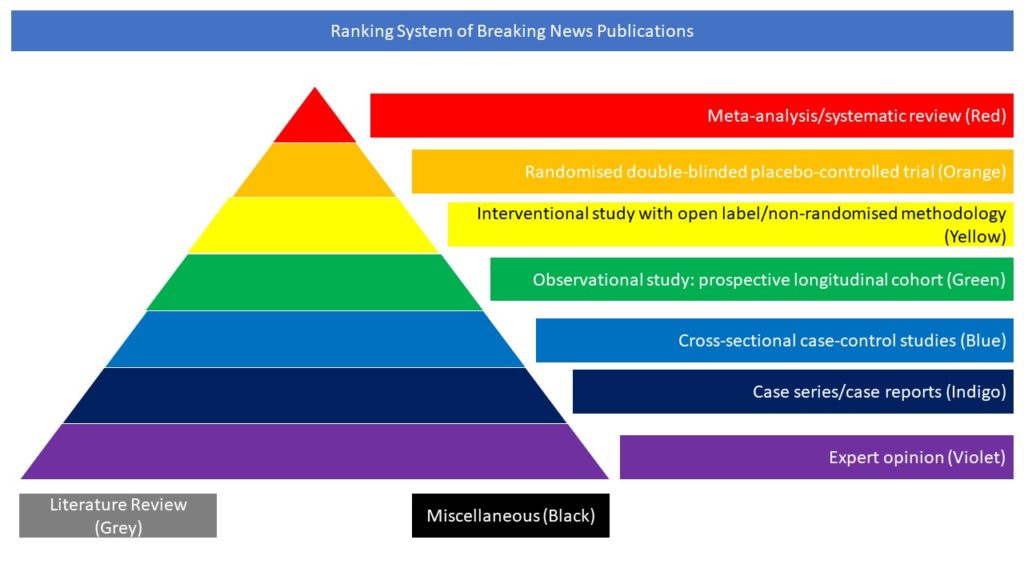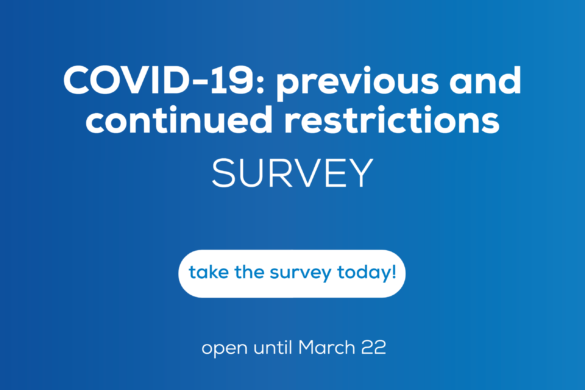Case series/case reports (Indigo)
Two mRNA vaccines, BNT162b2 (Pfizer-BioNTech) and mRNA-1273 (Moderna), received Emergency Use Authorization from the US Food and Drug Administration. Despite high efficacy and few adverse events found in clinical trials, only 56% of individuals in the US reported wanting to receive the vaccine. One of the reasons for vaccine hesitancy is the potential negative effect on fertility. Because reproductive toxicity was not evaluated in the clinical trials and SARS-CoV-2 has been associated with decreases in sperm parameters, the authors prospectively assessed sperm parameters before and after mRNA vaccine administration. Participants provided a semen sample after 2 to 7 days of abstinence, prior to receiving the first vaccine dose and approximately 70 days after the second. Semen analyses were performed by trained andrologists per World Health Organization guidelines and included semen volume, sperm concentration, sperm motility, and total motile sperm count (TMSC). Between December 17, 2020, and January 12, 2021, 45 men volunteered (median age, 28 years [IQR, 25-31]); follow-up samples were obtained at a median of 75 days (IQR, 70-86) after the second dose. Of the 45 men, 21 (46.7%) received BNT162b2 and 24 (53.3%) received mRNA-1273. Baseline sperm concentration and TMSC were 26 million/mL (IQR, 19.5-34) and 36 million (IQR, 18-51), respectively. After the second vaccine dose, the median sperm concentration significantly increased to 30 million/mL (IQR, 21.5-40.5; P = .02) and the median TMSC to 44 million (IQR, 27.5-98; P = .001). Semen volume and sperm motility also significantly increased. The authors concluded that in this study of sperm parameters before and after 2 doses of a COVID-19 mRNA vaccine, there were no significant decreases in any sperm parameter among this small cohort of healthy men.
Gonzalez DC, Nassau DE, Khodamoradi K, et al. Sperm Parameters Before and After COVID-19 mRNA Vaccination. JAMA. Published online June 17, 2021. doi:10.1001/jama.2021.9976









